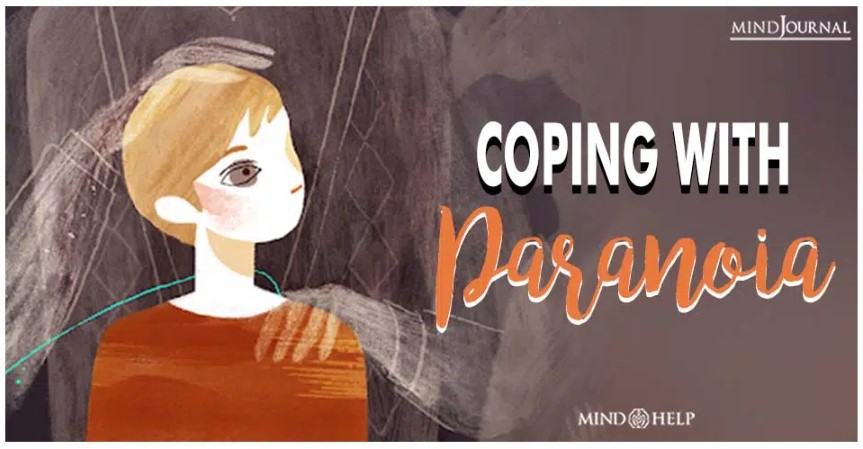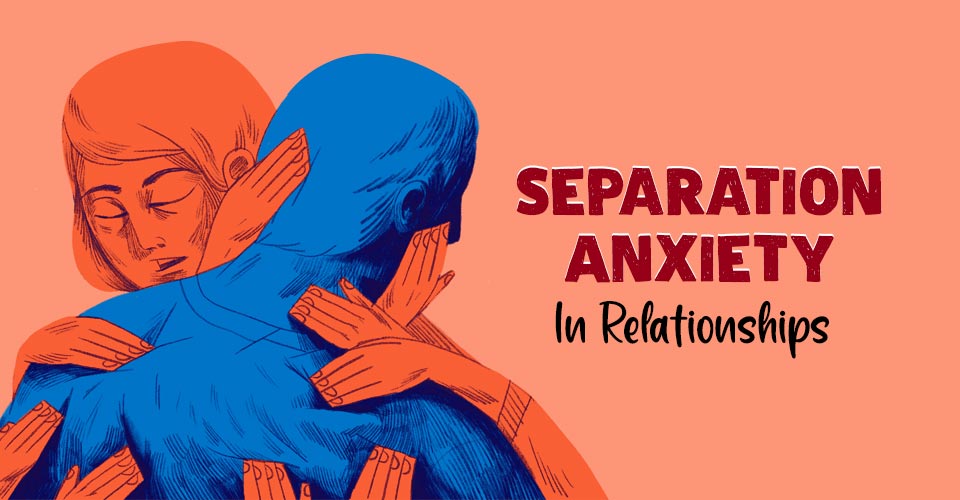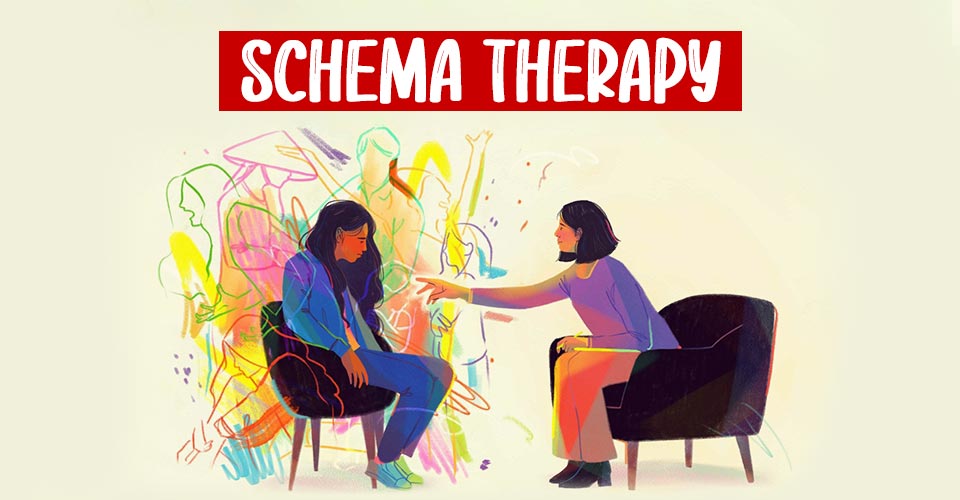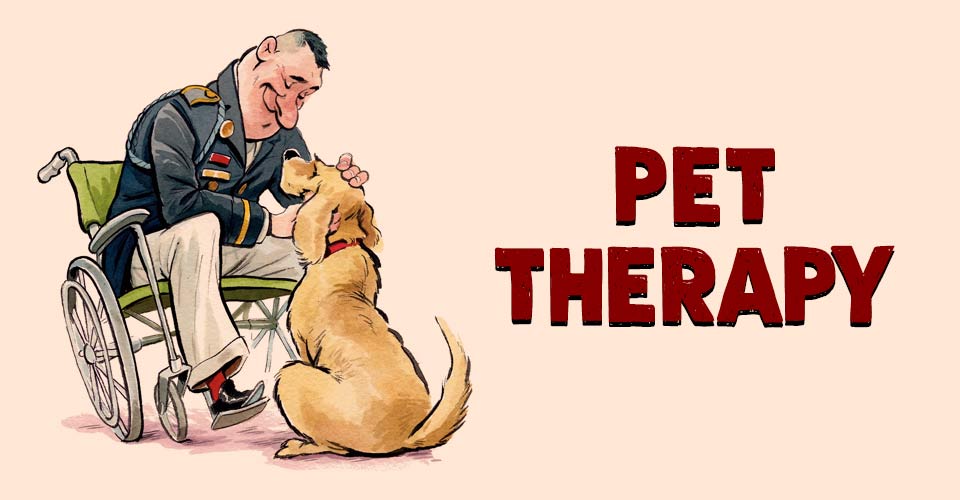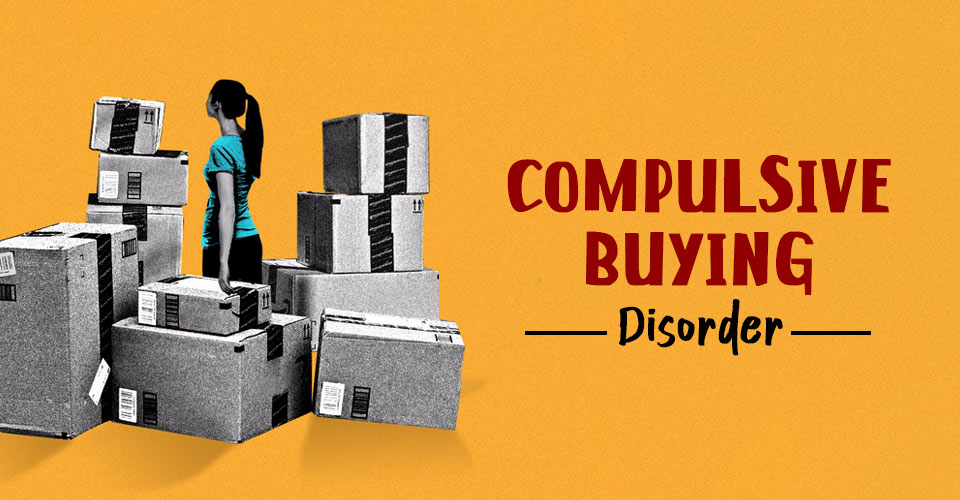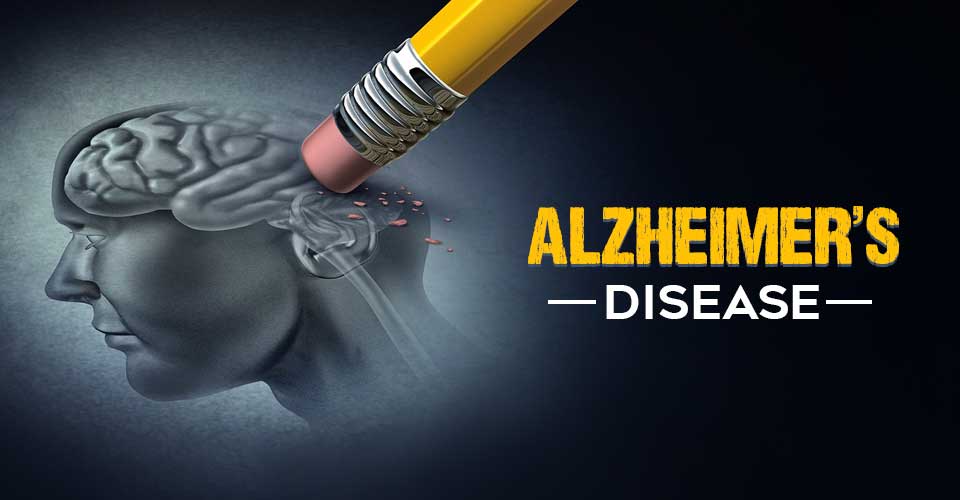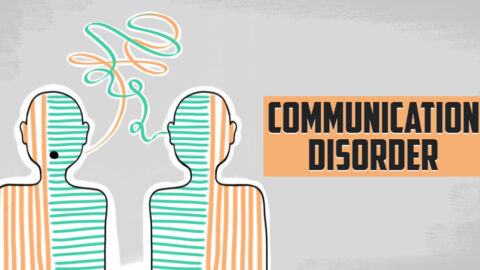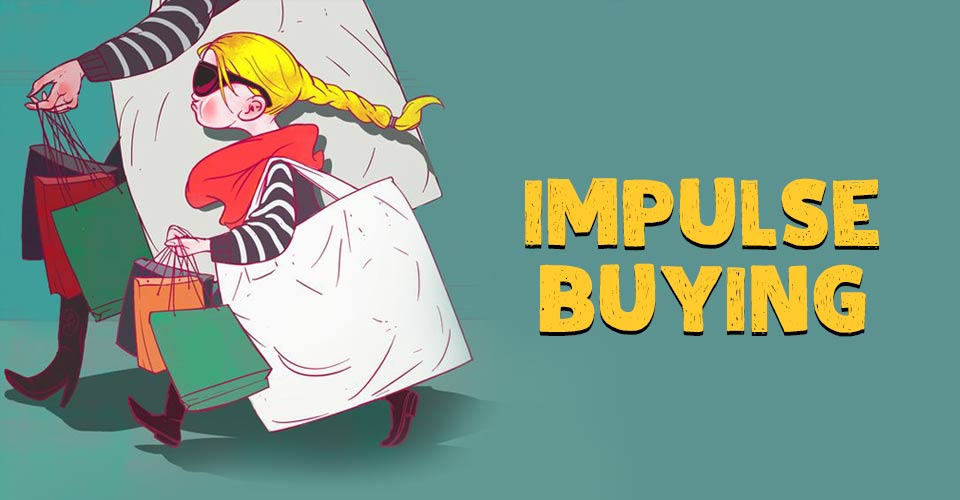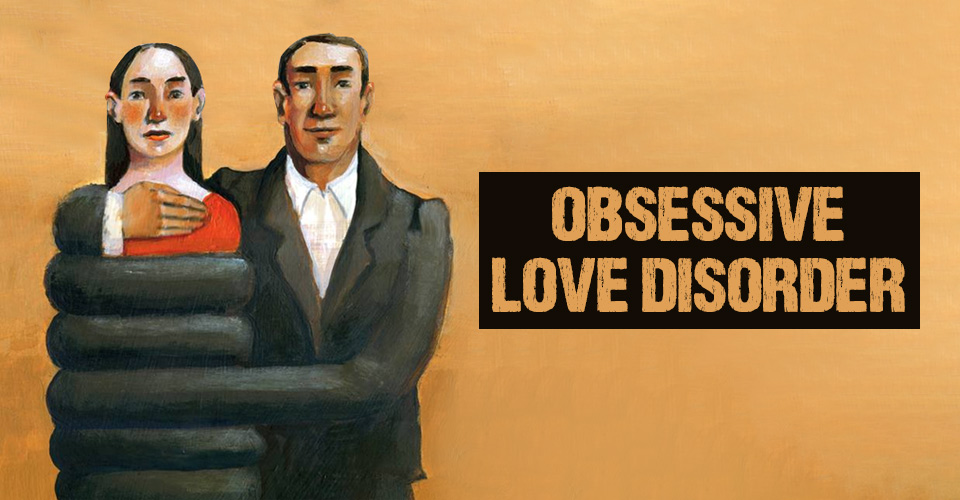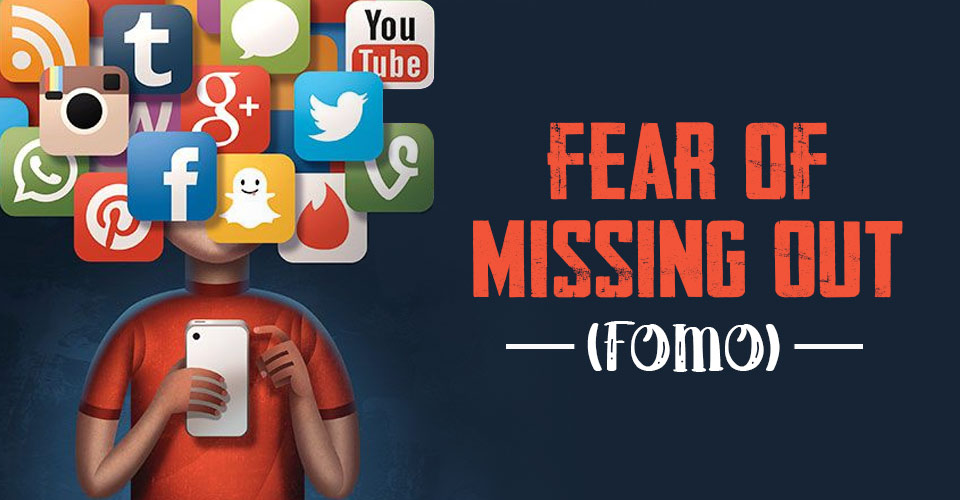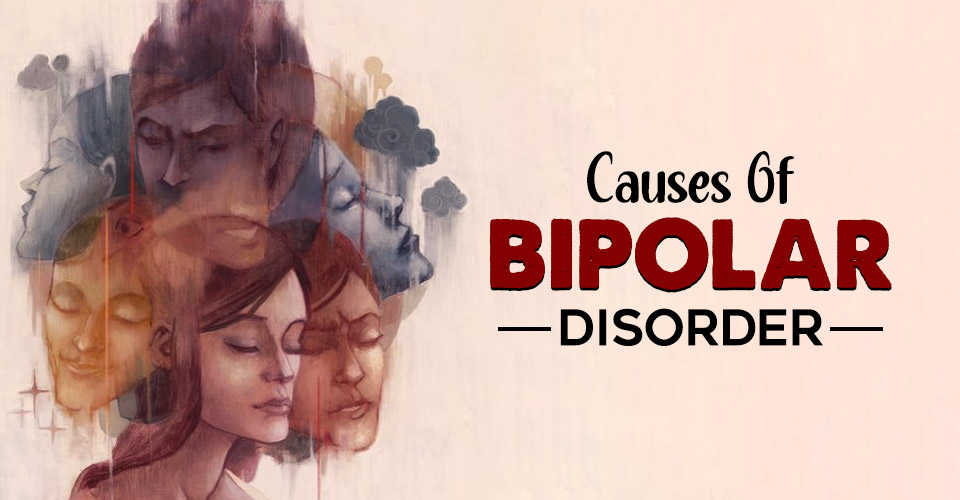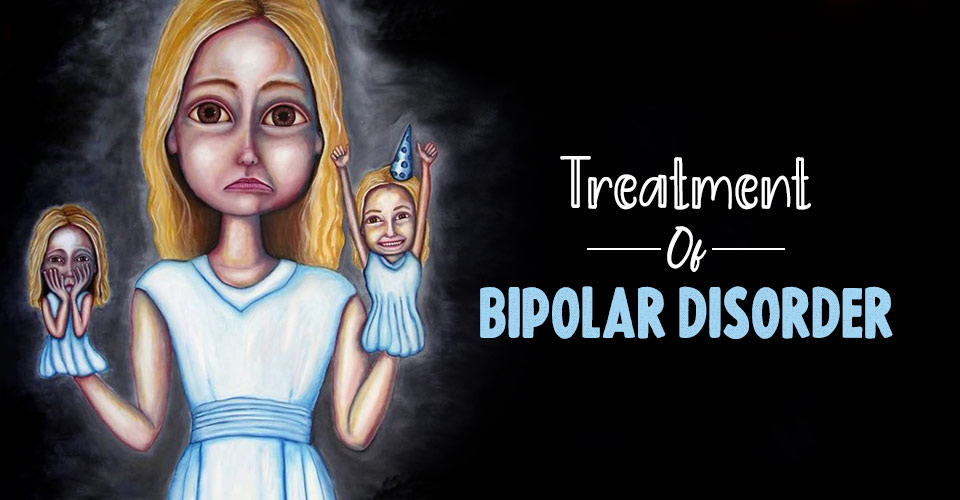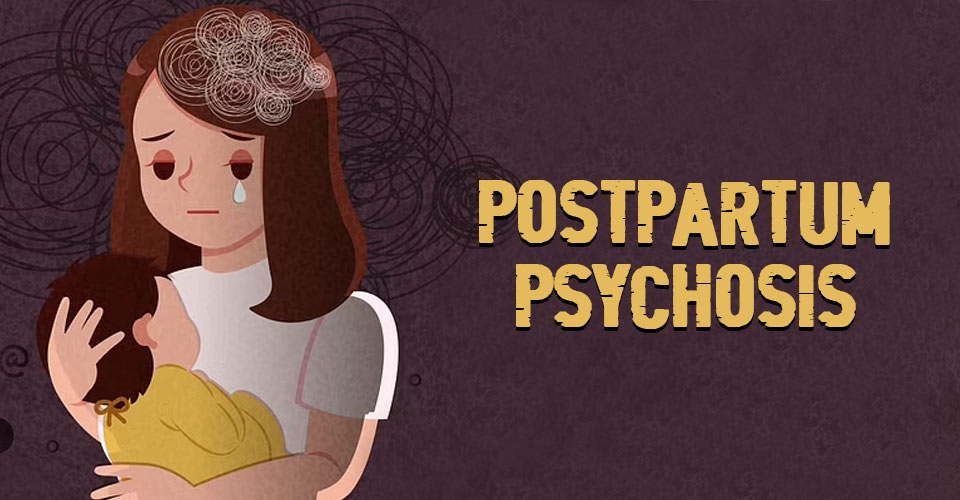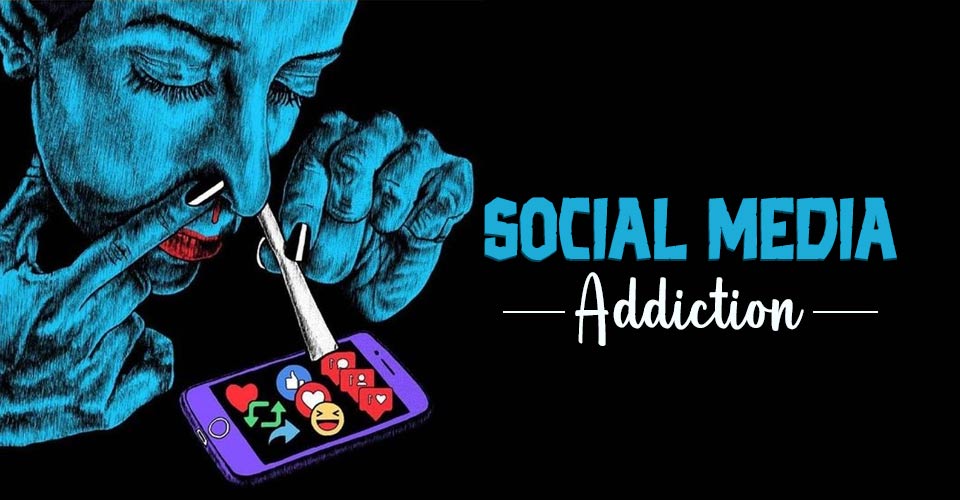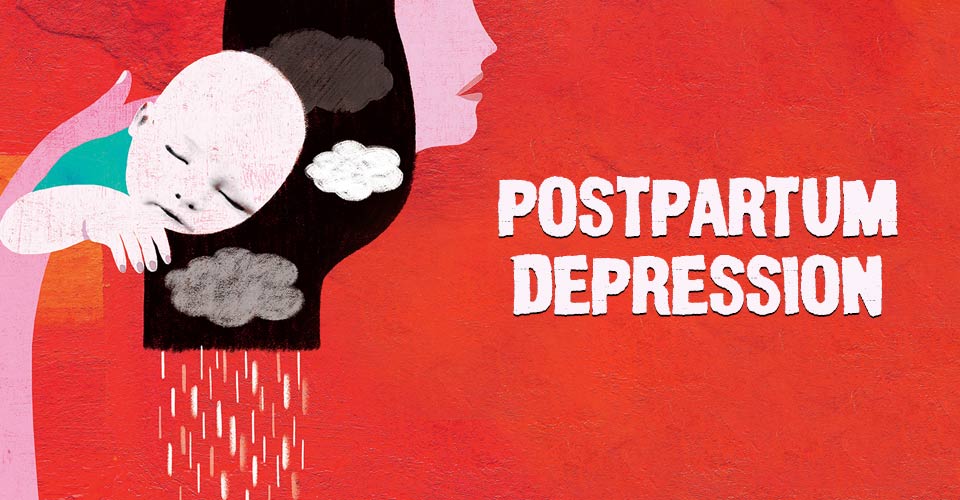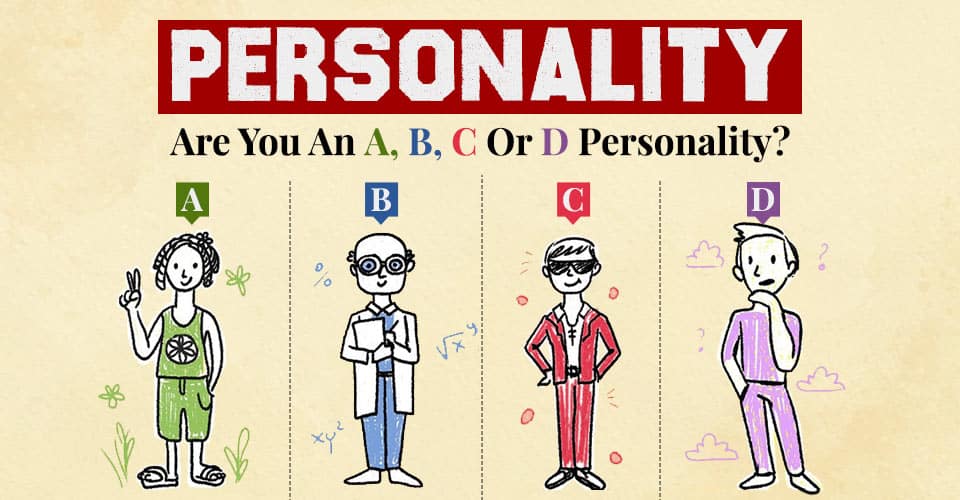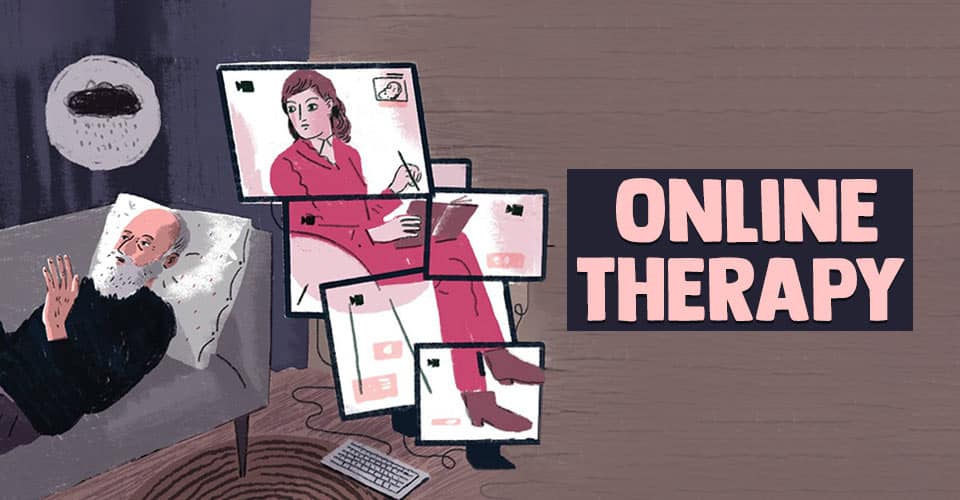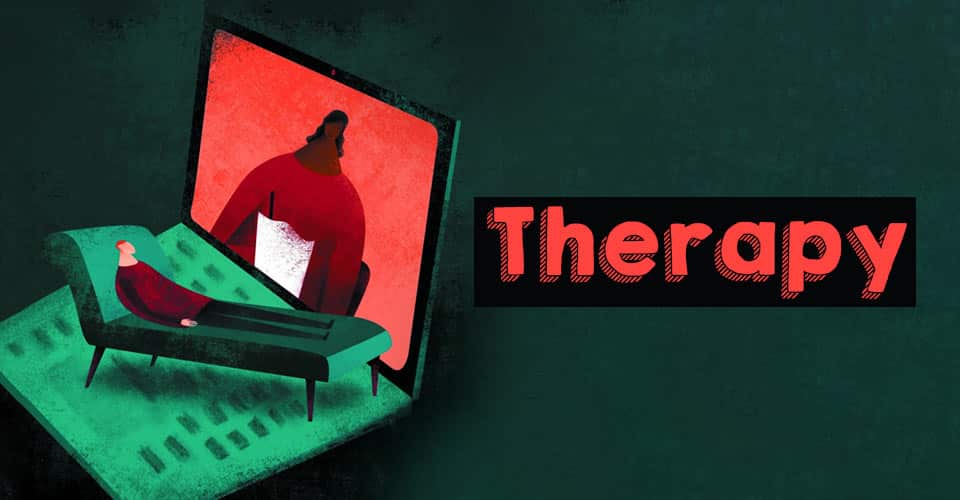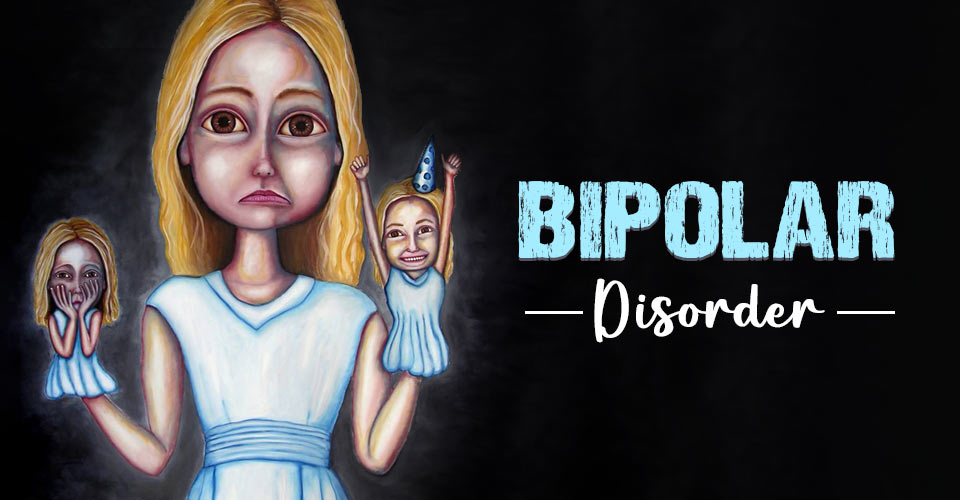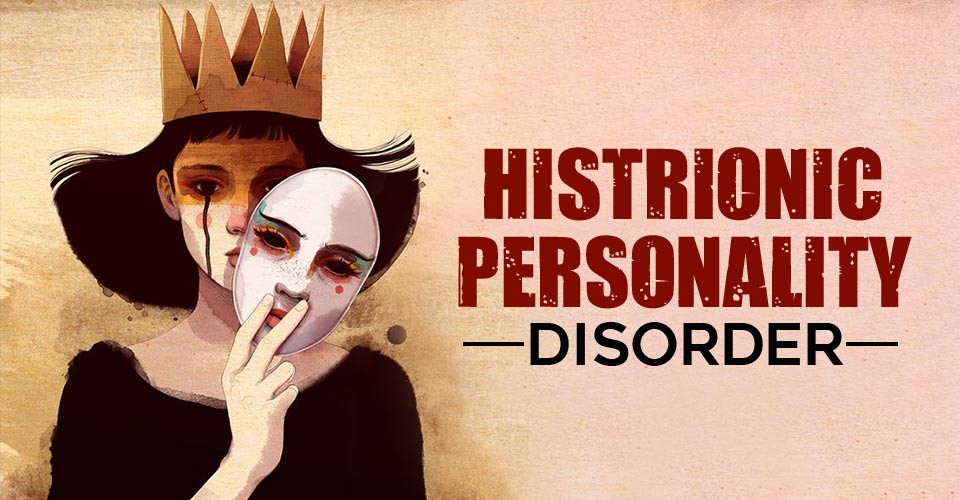If you are suffering from paranoia, hallucinations or delusions, then it is crucial that you seek medical help and learn how to deal with paranoia. Self-help and coping strategies can fasten the recovery process and help you overcome paranoia effectively.
Importance Of Coping Strategies Of Paranoia
Paranoia is a thought disorder and a symptom of schizophrenia. People with paranoid thoughts tend to have unrealistic and irrational beliefs & delusions that are mostly driven by fear, stress and anxiety. It can make the sufferer unnecessarily suspicious and distrust their loved ones. This is why it is important to seek immediate medical attention once you identify the symptoms of paranoia.
Treatment may involve psychotherapy and medication which helps to improve distorted thought patterns and reduce symptoms. However, treatment can sometimes negatively affect the overall well-being of the sufferer, especially when a proper treatment plan has not been devised.
According to a 2019 study 1 Asensio-Aguerri, L., Beato-Fernández, L., Stavraki, M., Rodríguez-Cano, T., Bajo, M., & Díaz, D. (2019). Paranoid Thinking and Wellbeing. The Role of Doubt in Pharmacological and Metacognitive Therapies. Frontiers in psychology, 10, 2099. https://doi.org/10.3389/fpsyg.2019.02099 , although therapy and medications have been found to be effective in reducing pathological confidence, the key mechanism of paranoid thoughts, it can also adversely affect thoughts that are “not linked to delirium.” The researchers explain “This effect of generalization of doubt in all thoughts negatively affected patients’ well-being and quality of life.”
Hence, it is important that a sufferer learns how to deal with paranoia by using certain coping strategies in addition to medical treatment. A 2015 study 2 Moritz S, Cludius B, Hottenrott B, Schneider BC, Saathoff K, Kuelz AK, Gallinat J. Mindfulness and relaxation treatment reduce depressive symptoms in individuals with psychosis. Eur Psychiatry. 2015 Sep;30(6):709-14. doi: 10.1016/j.eurpsy.2015.05.002. Epub 2015 Jul 7. PMID: 26163302. states “Self-help is increasingly accepted for the treatment of mental disorders, including psychosis, as both a provisional first step and a way to bridge the large treatment gap.” Coping techniques play a vital role in the recovery process and help the person build a healthier life.
Read More About Paranoia Here
How To Deal With Paranoia?
If you think you are having paranoid thoughts, have trouble trusting your loved ones or losing touch with reality, then seeking medical help is the first and foremost step you should take for recovery. However, there are certain self-help strategies that you can use to speed up the recovery process and help yourself get better. Coping techniques enable the sufferer to gain the necessary skills for better social functioning, improve their behavior, reduce stress and anxiety and help them relax.
Here are some self-help strategies and lifestyle changes that can help you learn how to deal with paranoia in a better way:
1. Follow your treatment plan
Research 3 Krzystanek, M., Krysta, K., & Skałacka, K. (2017). Treatment Compliance in the Long-Term Paranoid Schizophrenia Telemedicine Study. Journal of technology in behavioral science, 2(2), 84–87. https://doi.org/10.1007/s41347-017-0016-4 indicates that treatment compliance is poor with a relatively high relapse rate in paranoid schizophrenia. Hence, you need to strictly follow the medical care regime instructed by your doctor. Make sure to take your medications properly on a daily basis as prescribed. Attend your therapy sessions regularly and consult your doctor in case of any side effects or concerns about treatment.
2. Be more trusting of others
As paranoia can make sufferers highly suspicious of others and distrust even their loved ones, learning to trust people is a crucial aspect of how to deal with paranoia. Distorted beliefs and thought patterns may prevent you from trusting others, but it is something you need to actively work on. Trust can often be developed by practicing empathy and compassion as it allows us to realize that others are not perfect and they can make mistakes at times. By being more accepting of others and their flaws, we can overcome our tendency to doubt them all the time.
3. Talk to your loved ones
Talk about your paranoid thoughts and fears with trusted family members, friends, supportive peers and your therapist. Loved ones can also help you get a reality check and provide assurance. They can also help you reason and identify your suspicious thoughts. You can also seek support from your local social worker or support groups as well.
4. Identify triggers
Pay attention to your inner voices. Notice when they get frequent and louder and try to analyze your internal chatter. Recognize the type of situations that make you feel afraid and anxious leading to paranoid feelings and distress.
5. Be mindful
According to studies 4 Freeman, D., Emsley, R., Dunn, G., Fowler, D., Bebbington, P., Kuipers, E., Jolley, S., Waller, H., Hardy, A., & Garety, P. (2015). The Stress of the Street for Patients With Persecutory Delusions: A Test of the Symptomatic and Psychological Effects of Going Outside Into a Busy Urban Area. Schizophrenia bulletin, 41(4), 971–979. https://doi.org/10.1093/schbul/sbu173 , stress is a key trigger for paranoid thoughts. This is why it is crucial that you practice relaxation techniques like mindfulness if you want to learn how to deal with paranoia. Mindfulness is the practice of bringing awareness to the present moment. By focusing your attention in the existing moment, you can avoid anxiety related to your past and future. Research shows 5 Chadwick P, Hughes S, Russell D, Russell I, Dagnan D. Mindfulness groups for distressing voices and paranoia: a replication and randomized feasibility trial. Behav Cogn Psychother. 2009 Jul;37(4):403-12. doi: 10.1017/S1352465809990166. Epub 2009 Jun 23. PMID: 19545481. that there is “some evidence for clinical benefits of mindfulness” practice as it helps to improve thoughts for people with distressing psychosis.
In fact, one 2017 study 6 Shore, R., Strauss, C., Cavanagh, K., Hayward, M., & Ellett, L. (2018). A Randomised Controlled Trial of a Brief Online Mindfulness-Based Intervention on Paranoia in a Non-Clinical Sample. Mindfulness, 9(1), 294–302. https://doi.org/10.1007/s12671-017-0774-2 has found that increasing mindfulness skills through mindfulness-based interventions (MBIs), even when accessed online, can help to reduce anxiety and depression symptoms in non-clinical paranoid people. The study explains “This study provides evidence that a brief online MBI can significantly reduce levels of paranoia in a non-clinical population.”
Moreover, another 2012 study 7 Ellett L. Mindfulness for paranoid beliefs: evidence from two case studies. Behav Cogn Psychother. 2013 Mar;41(2):238-42. doi: 10.1017/S1352465812000586. Epub 2012 Sep 14. PMID: 22974494. indicates that mindfulness training can significantly affect our thoughts and emotions, particularly related with paranoid beliefs. The study suggests that “for people with persecutory delusions in the absence of voices, mindfulness training would lead to reductions in conviction, distress, preoccupation and impact of paranoid beliefs, as well as anxiety and depression.”
6. Question yourself
Challenge your paranoid thoughts and ask yourself adequate questions to realize if such thoughts are justified or paranoia. When learning how to deal with paranoia, you should ask yourself questions like –
- Do I agree with my inner voice?
- Is it an opinion or a fact?
- Can I make sense of this?
- Do I choose to believe this?
- Am I overthinking about the situation?
- What do I think will happen?
- What is the worst that can happen here?
- Don’t I have the ability to overcome this situation?
- Am I overestimating the threat?
- Can I look at this from a different perspective?
- Is there any evidence against my thoughts?
- How can I deal with this the best way possible?
7. Avoid alcohol and drugs
As recreational drugs and alcohol can often lead to paranoid thoughts, delusions and even hallucinations, it is crucial that you stay away from hard drugs, illegal substances and alcohol, if you wish to recover. Using street drugs can result in relapse of symptoms, aggression and violence and may even worsen the condition.
Read More About Alcoholism And Mental Health Here
8. Learn anger management
Studies 8 Yamauchi T, Sudo A, Tanno Y. Relationship between anger and paranoid thoughts in a nonclinical sample. Psychol Rep. 2009 Oct;105(2):375-80. doi: 10.2466/PR0.105.2.375-380. PMID: 19928597. reveal that anger 9 Kennedy HG, Kemp LI, Dyer DE. Fear and anger in delusional (paranoid) disorder: the association with violence. Br J Psychiatry. 1992 Apr;160:488-92. doi: 10.1192/bjp.160.4.488. PMID: 1571747. is closely associated with paranoid thoughts. Having distorted beliefs and delusions, such as believing that someone is spying on them can make the sufferer feel highly frustrated and angry. This can often lead to aggressive and violent behavior towards others. Hence, learning to identify triggers & control anger is one of the most important coping mechanisms when figuring out how to deal with paranoia. By identifying and managing your anger, you can avoid unreasonable confrontations and conflicts and avoid stressful situations.
9. Practice self-acceptance
Living with a mental health condition can be highly challenging for anyone. Accepting yourself as you are, instead of criticizing yourself can be a crucial step to fasten the recovery process. Understand that it is alright to make mistakes at times or have thoughts that you may regret later. As long as you keep working on improving your thought process and seek treatment for your condition, there is no need to beat yourself up constantly. Practice accepting who you are and show kindness, compassion and love to yourself.
Self-Help Tips For Paranoia
Here are some other quick tips that can help you learn how to deal with paranoia:
- Take care of your physical health. Follow a healthy, nutritious diet and exercise regularly.
- Practice good sleep hygiene and get good quality sleep every night
- Practice relaxation techniques like deep breathing, mindfulness, meditation, Yoga or Tai Chi as these can reduce stress, anxiety and worry.
- Practice journaling. Write down your thoughts and feelings in a diary every day. You can make it as detailed as you want to identify if they are logical or paranoid thoughts.
- Nourish your relationships and socialize to feel more valued, confident and connected. Make sure you don’t isolate or socially withdraw yourself.
- Have an exit strategy. When you socialize or go out and you start feeling paranoid, use a secret code or have a plan in place to get out of there. You may even ask a friend to take you home or to help you feel safe.
- Do things you love and pursue your passions. Engage in activities you love, like sports or creating art. You can also choose to play a musical instrument or cook something good for yourself or your family. You may also learn a new skill that you always wanted to.
- Spend more time out in nature as it can help you relax, improve your mood and feel more grounded. You can take a vacation, go on a hike, take a walk in a park or even do gardening.
Although there are many other coping strategies for learning how to deal with paranoia, it should be remembered that self-help techniques alone cannot help you recover. These strategies can only be helpful if you are undergoing medical treatment under the guidance or a mental health professional.
Overcoming Paranoia
When you know how to deal with paranoia using self-help and coping techniques, then the medical treatment plan can also prove to be more effective. Moreover, such coping strategies can also help you to develop a healthier mindset that can enable you to modify your thoughts, emotions and behavior. The more you learn to cope with the symptoms of paranoia, the better you will be able to overcome anxiety and stress and build a more meaningful life.

